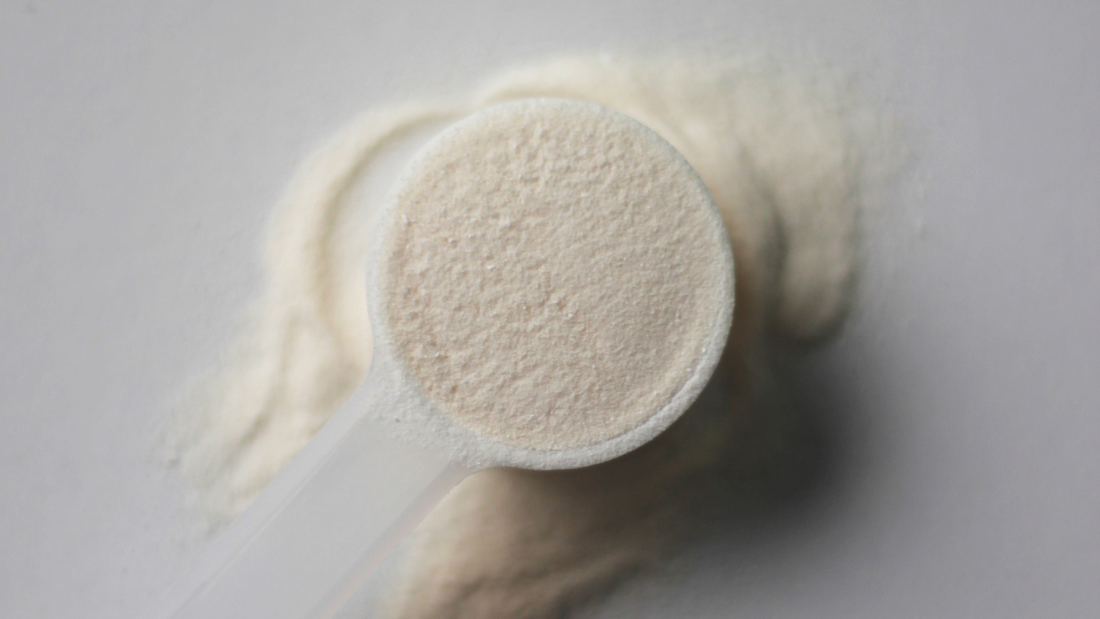Read Time: 4 min | Categories: Body Health | Collagen
3 Unique Ways To Add Collagen To Your Skincare Routine
Webber Naturals
Share this article
Do you have a daily skincare routine? If you answered yes, you’re familiar with products like cleansers, exfoliants, toners, masks, and moisturizers. While these are all parts of a great skincare regimen, there’s one thing missing. These are all topical – meaning they care for your skin from the outside in. But what about from the inside out? It’s time to level up your skincare routine and get that glow you’re looking for.
One of the most strategic supplements that you can add to your daily life is collagen. In this blog, we’ll share three simple ways to incorporate Collagen30® into your skincare routine.
What is Collagen, and Why Do You Need to Take It?
You’ve probably been hearing a lot about collagen recently, and for a good reason. As the most abundant protein in your body, collagen is responsible for strengthening your skin, maintaining its elasticity, and keeping your skin hydrated. Sounds pretty great, right? Well, there’s a catch. Around the age of 30, your body starts producing less collagen than it did before, leading to drier skin and an increase in the appearance of fine lines and wrinkles.
Enter collagen supplementation. We have a dedicated blog explaining How To Choose The Right Collagen For You, but the key is in the tiny details – that is, in the tiny collagen peptides! Collagen peptides are very small pieces of collagen that are easily digested and used by the body compared to other collagen forms. So whichever collagen you pick, make sure the label calls out collagen peptides.
Tip #1: Collagen and Your Water Intake
Studies show that drinking at least two litres of water a day promotes both the surface and deep hydration of the skin. [1] Upping your water intake can improve the appearance of your skin, especially if you don’t drink a lot of water on a daily basis. [2]
If you’re drinking at least two litres of water a day and have this routine down pat, one way you can give your water a boost is to add collagen powder. Clinical studies show that specific hydrolyzed collagen peptides improve the appearance of your skin in just 28 days. Collagen powder is one of the easiest ways to consume collagen peptides, and adding it to your first glass of water in the morning is one way you can incorporate it into your daily routine.

Tip #2: Mix or Take Collagen with Your Food
For breakfast, you can add a scoop of collagen powder to your morning coffee or smoothie. You can even bake with collagen peptides because, unlike their counterpart, collagen protein (a.k.a. gelatin), peptides don’t coagulate or thicken, so they don’t alter a recipe’s texture or consistency. Add collagen peptides to pancakes or baked goods such as brownies and cakes for a collagen-infused treat!
If you have a sweet tooth, gummies are an increasingly popular format for collagen. Leave a bottle on your desk to remind you to take it during work or add it to your post-dinner ritual to satisfy a sweet craving.
Of course, you can also add foods to your diet that are rich in collagen, such as bone broth, fish, and egg whites. But if you want to make sure you’re meeting your needs without having to track your diet, supplements can help.

Tip #3: Add Collagen to Your Daily Skincare Routine
Whether you have a 2-step or 37-step night-time skin routine, it is (hopefully) already an established practice to care for your skin. The best way to start a new habit is to add it to an existing one. But when should you take collagen? Well, the best time to take collagen is whatever time you can take it consistently. So, we suggest picking a point during your skincare routine to take your collagen supplement regularly, whether that’s before you remove your makeup, after you moisturize, or somewhere in between. Keep your collagen supplement next to your skincare products as a visual cue to help you remember to take it.
To recap, think of skin care as a 360-degree regimen: what you consume matters just as much as, if not more than, what you put on your face.
